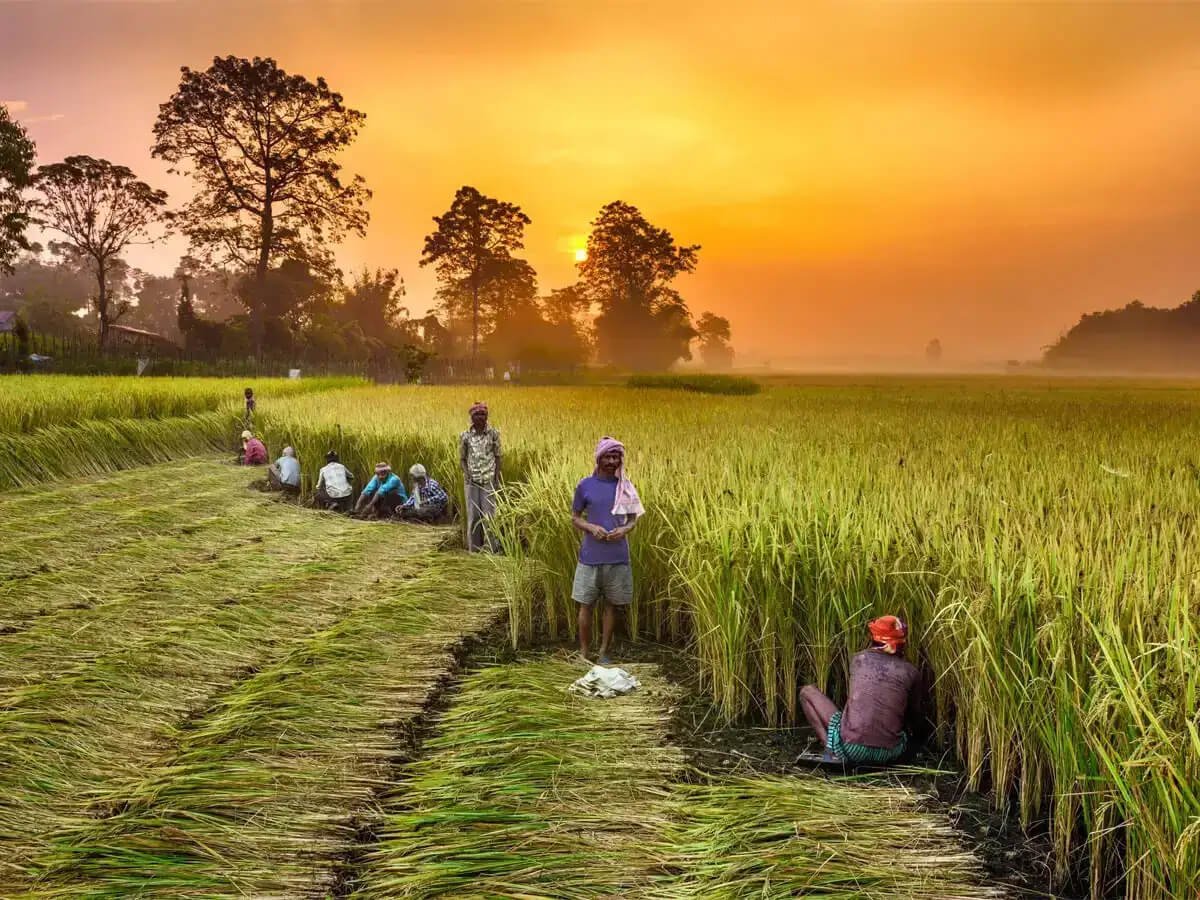
Consultancy
Result-driven, and easy-to-implement consultation services for obtaining the ORGANIC certificate.

Training
With a team of highly qualified consultants and trainers possessing extensive industry experience.

Inspection
Yearly on-farm inspections include a detailed physical tour, thorough record review, and personal interview.

Documentation
Extensive paperwork, detailing farm history and current set-up, and usually including results of soil and water tests.






The Leader Behind an Admirable Company
Mr. Rahulbhai Mangalbhai Kachhad
Founder Director and CEO
Two decades ago, in India, the concept of organic agriculture seemed bizarre. Self-sufficiency in food grains to feed a billion mouths every day was a national priority for a country with a population of over one billion and a high birth rate. India was able to reach its goals, but the country’s fast economic growth led to many chemical abuses that hurt the soil, ecology, and environment. Toxic cocktails and chemicals that cause cancer slowly made their way into the food chain.
Organic Farming Certification In India
Organic farming is gaining popularity in India for a variety of reasons. First, it is practiced in areas by farmers as a traditional way of life because farming inputs are very low or because they cannot afford high-input farming. Second, it’s being used by farmers who know the bad things about traditional farming and have had low returns on their investments. Farmers who have analyzed the emerging market trend and premiums associated with organic have also considered this farming technique. The third group of farmers is certified and garners market interest. while the remaining two lack certification.
Since 2003–2004, the area under organic farming has increased by a factor of 29. The country has created a certification process that is known around the world to make sure the quality of organic food that is exported, imported, or used in the country. The National Program for Organic (NPOP) outlines the regulatory framework for NPOP. It has created separate acts for export and domestic use. The National Program on Organic is told about the export quality specifications (FTDR) by the Foreign Trade Development and Regulation Act. So, an organic that has been certified by an agency in India can now be sent to Europe, Sweden, and the U.S. without needing extra certification. The Agriculture Produce Grading, Marking, and Certification Act notifies the NPOP to examine the requirements for domestic use (APGMCA). There are 20 accredited certification agencies in India.


"Organic Sage made the certification process smooth and stress-free. Their team guided us at every step with clarity and professionalism."
Ravi Mehra

"Thanks to Organic Sage’s prompt and efficient consultation, we obtained our organic certification quickly. Highly recommended!"
Anita Verma

"The staff at Organic Sage is knowledgeable and supportive. Their expertise in organic standards is truly impressive."
Sandeep Kumar
Frequently Asked Questions

What is Meant by Organic Sage?
Trusted Organic Certification Authority

What is NPOP?
It is the National Programme for Organic Production (NPOP), developed by the Ministry of Commerce, Government of India.

What is NSOP?
NSOP means National Standards for Organic Production, formulated by the Ministry of Commerce, Govt. of India for the National Program for Organic Production.

What is Conversion Period?
The period between the initiation of organic practices and the certification of crops as organic.

What is conversion?
The process of converting a conventional farm into an organic farm. This is also known as transition.

What is meant by inspection?
Shall involve a site visit to verify that the operation is being conducted in compliance with organic production or processing standards.